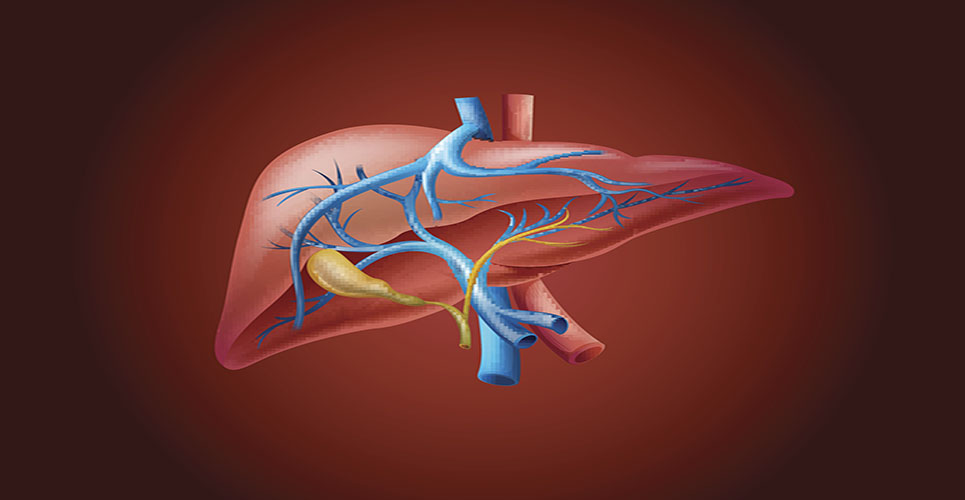teaser
Janssen-Cilag International NV (Janssen) has announced it has submitted a marketing authorisation application to the European Medicines Agency seeking approval for simeprevir (TMC435).
Simeprevir is a new generation NS3/4A protease inhibitor, administered as one capsule once daily with pegylated interferon and ribavirin for the treatment of genotype 1 or genotype 4 chronic hepatitis C in adult patients with compensated liver disease (including cirrhosis), with or without HIV-1 co-infection, who are treatment naive or who have failed previous interferon therapy. Genotype 1 is the most prevalent form of hepatitis C virus (HCV) worldwide.(1-2) Simeprevir is currently in phase III development.
If approved, people living with HCV would have the option of a new generation protease inhibitor-based regimen that includes simeprevir taken once daily for 12 weeks in combination with 24 or 48 weeks of pegylated interferon and ribavirin.
“Nine million people across Europe have hepatitis C and 50–70% are infected with the genotype 1 virus, which can be particularly difficult to cure. Additionally, patients infected with the genotype 4 virus lack new treatment options. This filing of simeprevir in Europe represents an important step forward in the process of bringing simeprevir to market and helping to battle this challenging disease,” said Wim Parys, Global Head of Development, Infectious Diseases and Vaccines, Janssen.
The regulatory submission for simeprevir is supported by primary efficacy data from three Phase III studies in patients with genotype 1 hepatitis C: QUEST-1 and QUEST-2 in treatment-naïve patients, and PROMISE in patients who have relapsed after prior interferon-based treatment. Data from a phase II and an ongoing phase III study support the use in patients with genotype 4 virus.
References
- European Association for the Study of the Liver. EASL Clinical Practice Guidelines: Management of hepatitis C virus infection. Journal of Hepatology. 2011;55:245–264.
- Zein NN. Clinical Significance of Hepatitis C Virus Genotypes. Clin. Microbiol. Rev. April 2000;13(2):223-235.

